Long, lean, and green garden crops like cucumbers are very popular. Although they are technically fruits related to watermelons and pumpkins, most people regard them as vegetables. Cucumbers are a specific kind of edible plant from the gourd family,. Because of its widespread cultivation, it is a wholesome supplement to any diet.
Table of Contents
Cucumber’s Nutritional Benefits:
Calories: 30.
Total fat: 0 grams.
Carbs: 6 grams.
Protein: 3 grams.
Fiber: 2 grams.
Vitamin C: 10% of the recommended daily value (DV)
Vitamin K: 57% of the DV.
Magnesium: 9% of the DV.
Types of Cucumber:
Cucumbers are of two types:
Slicing cucumbers:
These cucumbers are consumed raw and frequently in salads. They typically have smooth skin and can reach a length of 12 inches or more. There are variants that are "burpless" and contain less cucurbitacin, a natural plant substance. They have a milder flavour as a result, and you could burp less after eating them. They may alternatively be referred to as "seedless cucumbers" or "European cucumbers."
Pickling cucumbers:
Pickling cucumbers, which are the kind used to create pickles, are significantly smaller. They can range in length from three to seven inches, and their skin frequently has bumps or spines.
Is Cucumber a fruit or a vegetable?
Botanically categorised as fruits:
Cucumbers are classified as a sort of fruit according to scientific definitions, despite the fact that many people consider them to be vegetables.
This differentiation is mostly dependent on how the cucumber itself functions biologically.
Fruits enable the reproduction of a flowering plant in botany, the study of plants. The ovary, which is a part of the flower and contains the seeds that will eventually produce new plants, develops into a fruit.
In contrast, the term "vegetable" refers to other plant elements such the leaves, stalks, or roots (5).
Cucumbers develop from blossoms and have a large number of seeds that can be utilised to generate more cucumber plants in the future. According to science, they are classified as fruits and not vegetables because of this fundamental characteristic.
Vegetable in a culinary sense:
The classification of various fruits and vegetables is often confusing due to their use in cooking.
A fruit or vegetable's culinary definition is typically determined by its flavour profile, texture, and optimal uses in a particular recipe.
Fruits often have a softer, more delicate feel and tend to be extremely sweet, acidic, or sour. They are more frequently employed in recipes that call for such flavours and textures, such as desserts, pastries, syrups, sauces, and smoothies.
On the other hand, veggies typically have a rougher texture and a higher proportion of bitter flavours. Usually, savoury meals like dinners, soups, and salads are where they work best.
Although they are much more frequently eaten as a vegetable, cucumbers have a somewhat neutral flavour. A wide range of savoury recipes benefit from the crisp texture, mild flavour of the interior flesh, and somewhat bitter flavour of the peel.
When served with other, sweeter fruits like berries or melon, cucumbers can occasionally be mistaken for fruit. Otherwise, they would be better off keeping their status as a vegetable in the kitchen.
Health benefits:
The Nutritional Content Is High:
While low in calories, cucumbers are high in water and a number of vital vitamins and minerals. They should be ideally be eaten unpeeled to enhance their nutritious value. As they are peeled, less fibre and some vitamins and minerals are retained.The detailed nutritional bifurcation of cucumbers has been explained above.
Composed of Antioxidants:
Antioxidants are chemicals that prevent oxidation, a chemical process that produces free radicals, or extremely reactive atoms with unpaired electrons.
The buildup of these dangerous free radicals can result in a variety of chronic illnesses.
In actuality, oxidative stress brought on by free radicals has been linked to autoimmune, cardiac, lung, and cancer diseases.
Cucumbers and other fruits and vegetables are particularly high in advantageous antioxidants that may lower the risk of developing certain illnesses.
Enhances Hydration:
Your body's ability to function depends on water, which serves a number of vital functions. It takes part in operations like temperature regulation and the delivery of nutrients and garbage. In actuality, adequate hydration has a positive impact on metabolic as well as physical performance. Some people may get up to 40% of their total water consumption through food, even though you can usually meet your fluid needs by drinking water or other liquids. In your diet, fruits and vegetables in particular can be a good supply of water.
Cucumbers are particularly excellent in promoting hydration because they are made up of roughly 96% water, and they can help you achieve your daily fluid requirements.
Promotes Weight Loss:
Cucumbers could potentially help you lose weight in a few distinct ways. First of all, they are low in calories. This implies that you can consume a lot of cucumbers without gaining weight due to the extra calories they contain. Salads, sandwiches, and side dishes can all benefit from the freshness and flavour of cucumbers. They can also be used in place of higher calorie options. Moreover, the high water content of cucumbers may help people lose weight.
Precautions/Side Effects:
- There is insufficient trustworthy evidence to determine whether using cucumber as medicine while pregnant or breast-feeding is safe. Keep to the recommended food levels to be safe.
- Diabetes: There is some evidence to support the claim that cucumber seeds can lower blood sugar levels. Due to this, there may be a greater likelihood that diabetic patients' blood sugar levels would drop too low. Keep an eye on your blood sugar levels.
- Surgery: Blood sugar levels may be lowered with cucumber seed. There are some worries that it might affect the ability to control blood sugar before, during, and after surgery. Before your scheduled operation, stop using cucumber seed at least two weeks in advance.

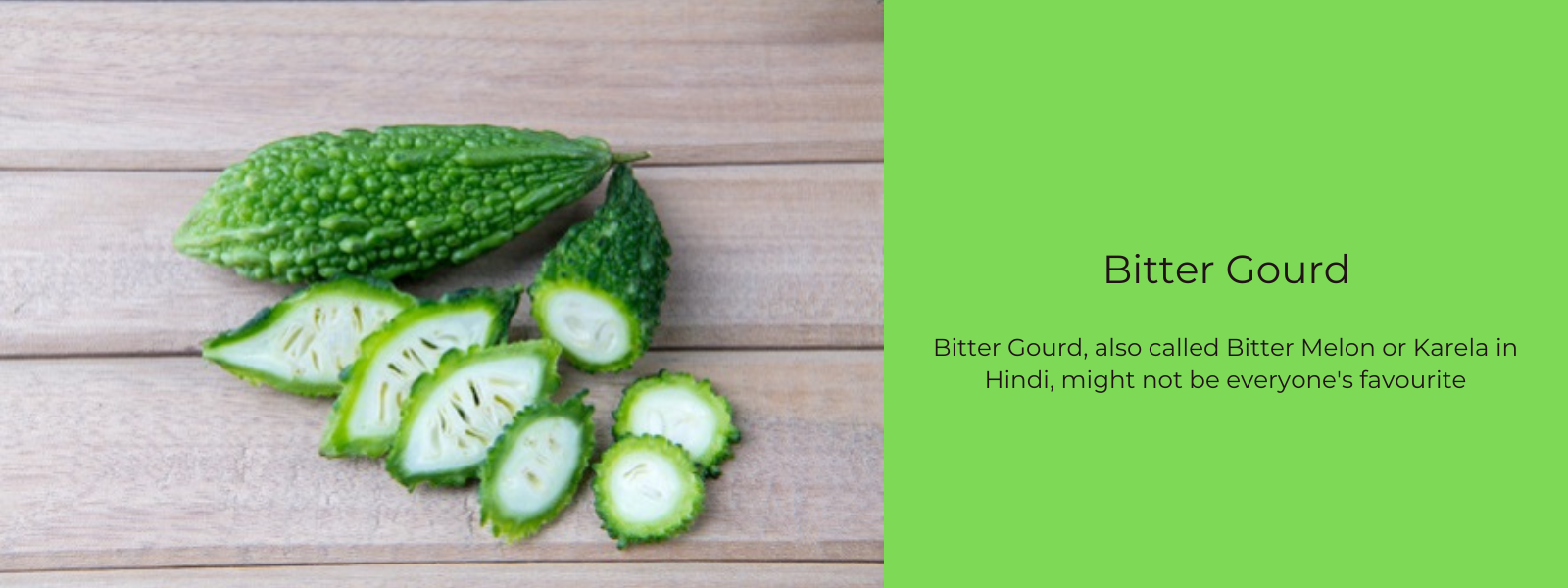

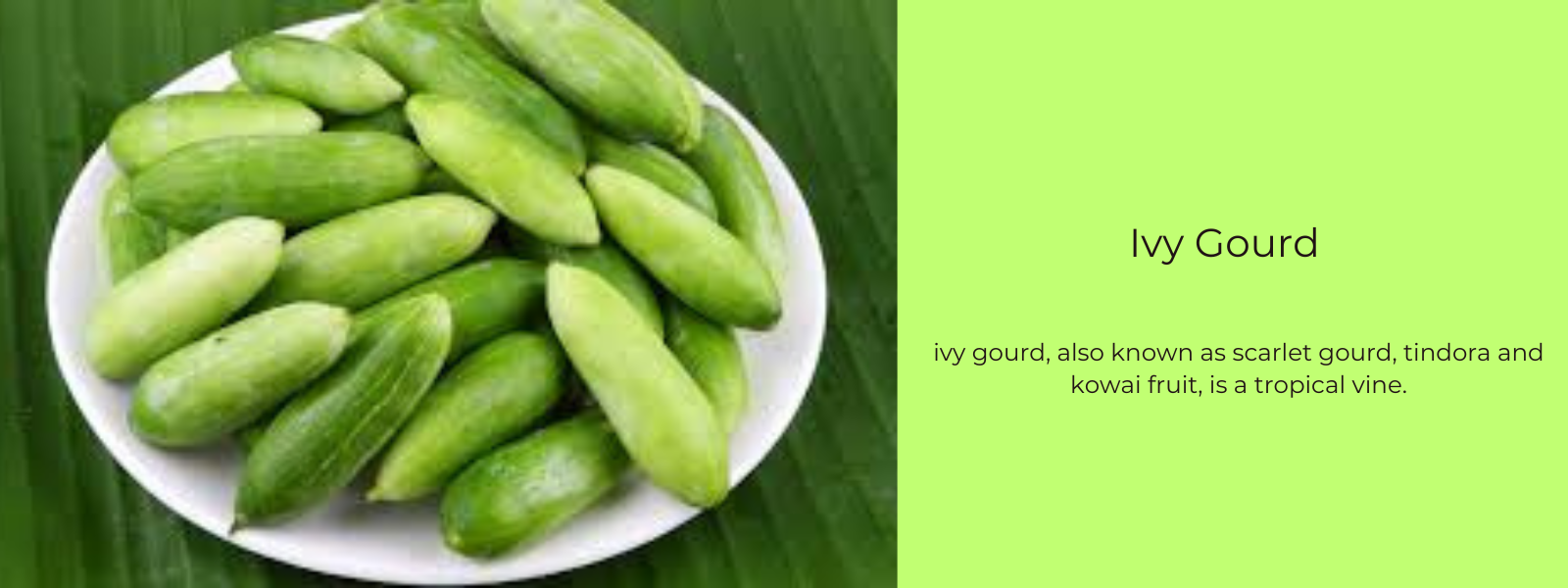
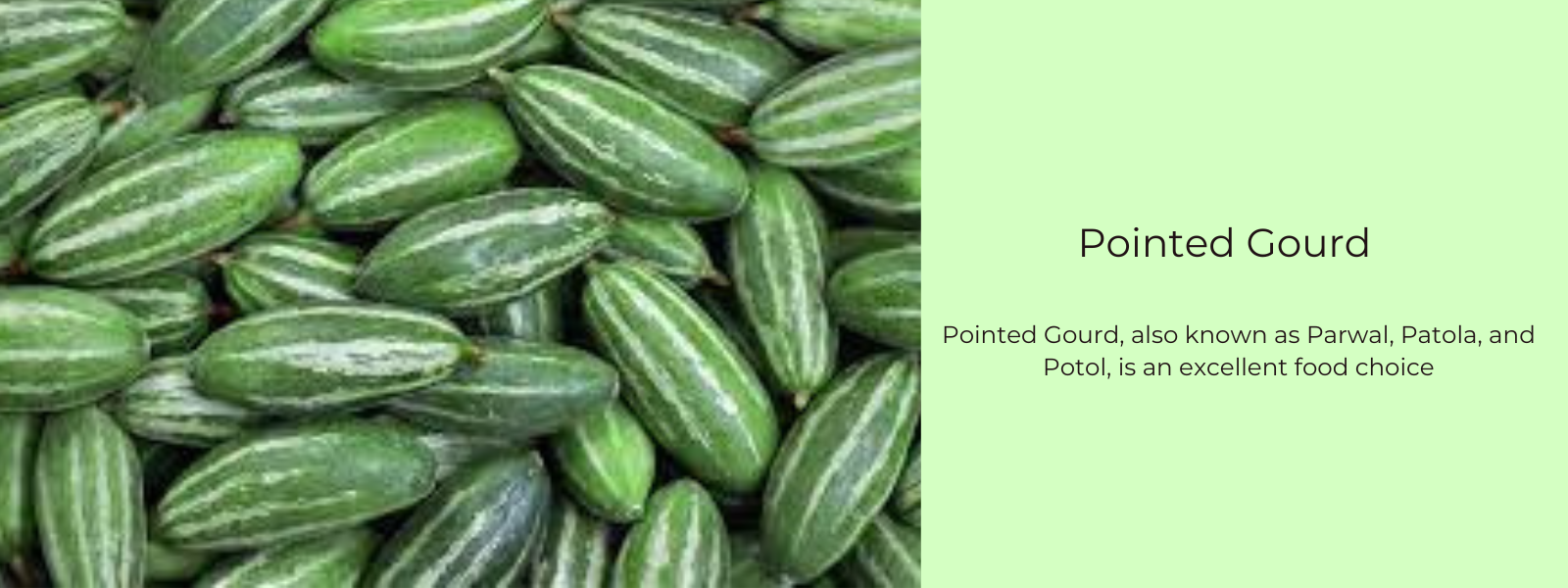

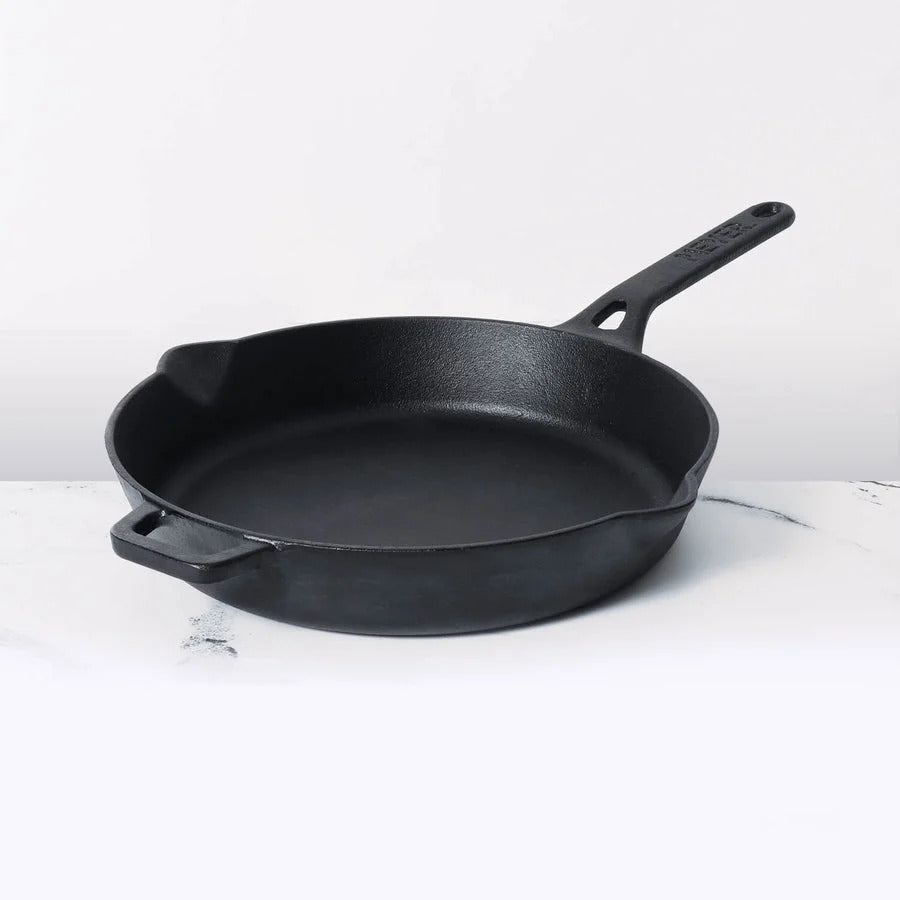
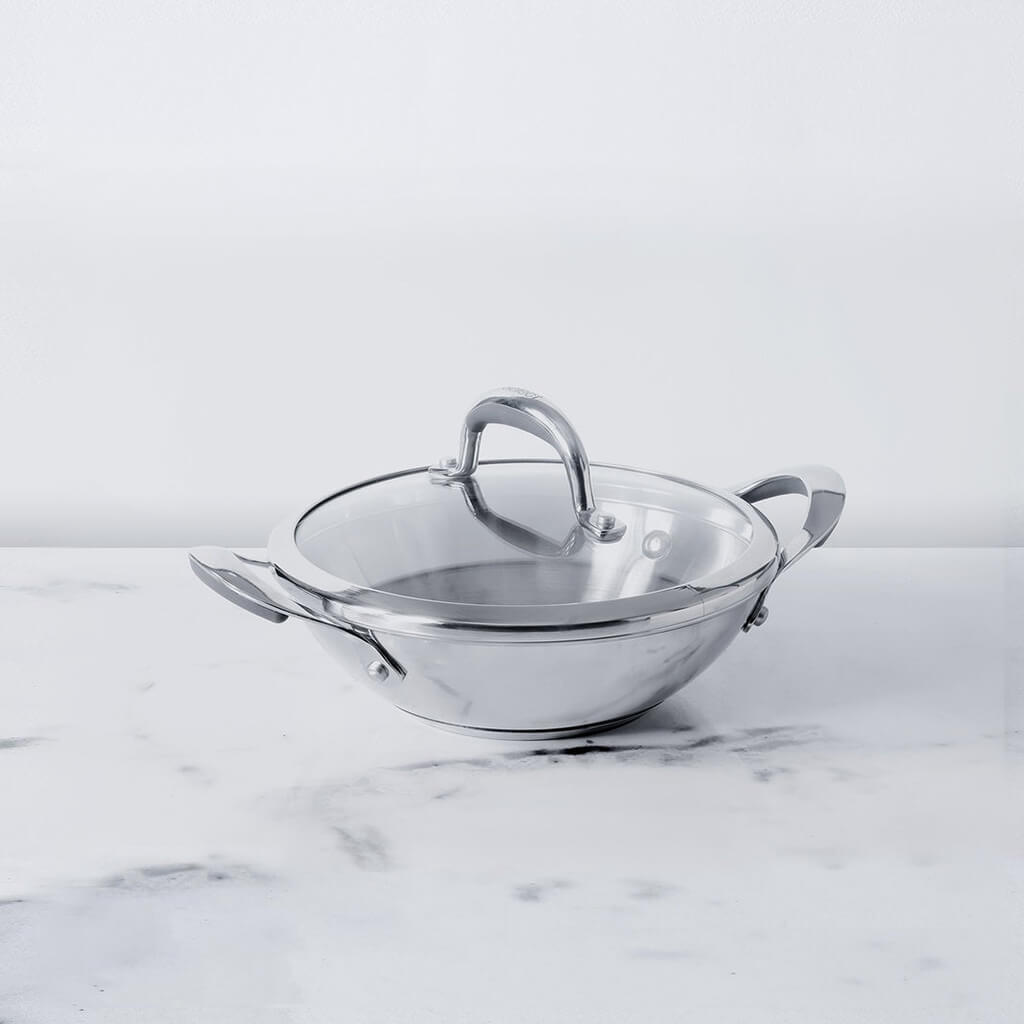




Leave a comment